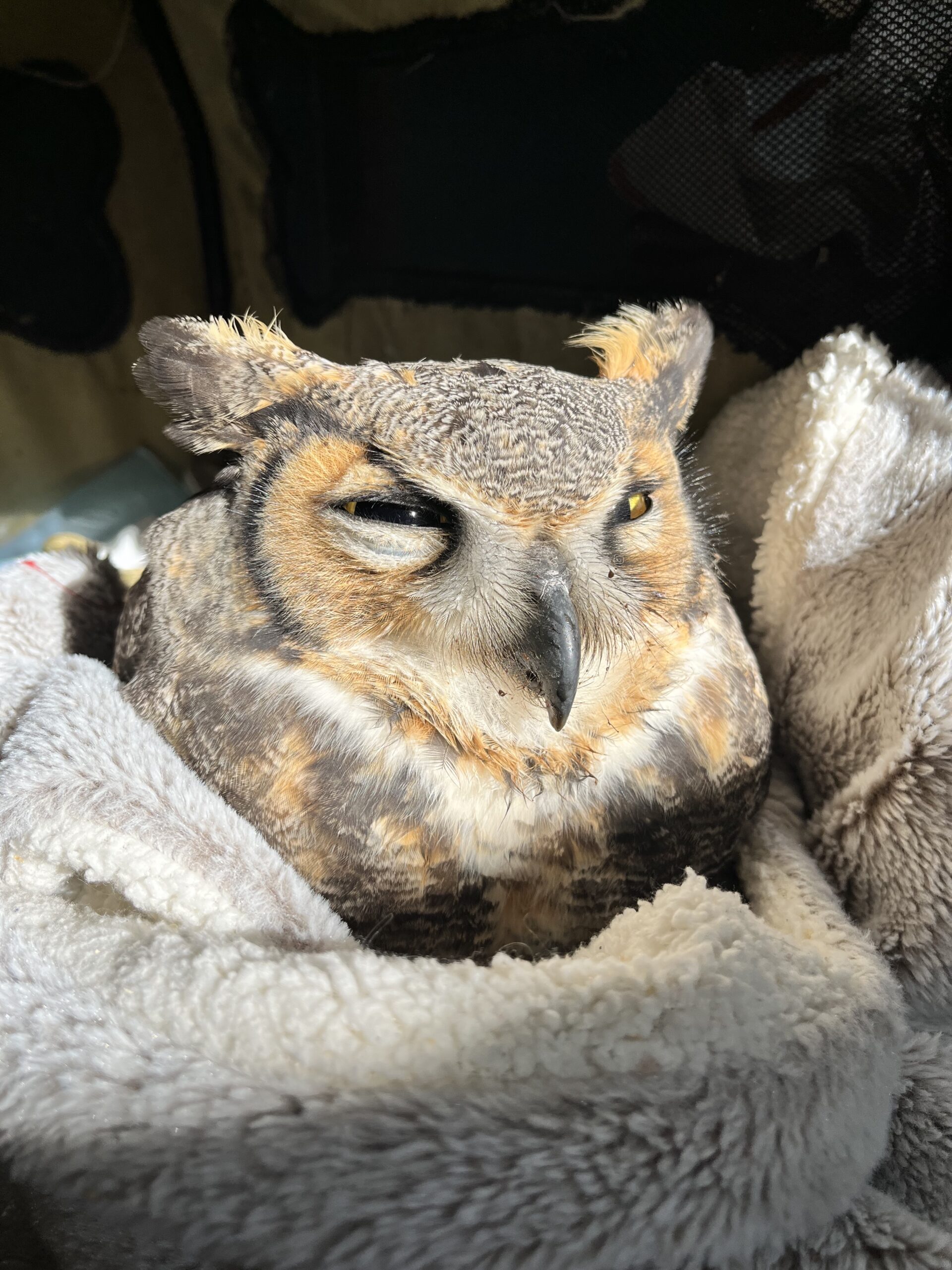
Christine Cummings

Christine Cummings
Christine Cummings remembers the cold, drizzly day last year that she saved two baby great-horned owls. The rescue itself was routine for Cummings, who is the president of A Place Called Hope, a rehabilitation center for birds of prey. But the circumstances were unique: The owls’ mother was dead at the bottom of a tree, with blood in her eyes and mouth and under her skin—symptoms that, to an expert like Cummings, obviously indicate poison.
Cummings took in the orphaned babies, nurturing them until they could be rereleased into the wild. Even after she freed them, she continued to leave food on her rooftop so that she could monitor them and ensure their smooth transition into the wilderness. Every few days they’d come back to the rehab center to retrieve some food, like a grown-up child just stopping by for a quick visit. One day, Cummings found one of the owls, now an adult, on the ground. She picked it up and watched it die in her arms. When she tested the body, she realized that the poison that had killed its mother was responsible for this death, too.
The killer was a second-generation anticoagulant rodenticide, a chemical used to exterminate rats. Because of its widespread effects on ecosystems, some activists are fighting to ban its use. This is one of several legal battles being waged by passionate animal-lovers in Connecticut to advance the welfare of species across the state.
Connecticut Votes for Animals is one political organization where these animal-lovers unite. Its members are pushing State Bill 962 in hopes of preventing future instances like Cummings’ poisoned great-horned owls. The bill would prohibit the use of second-generation anticoagulant rodenticides. The chemicals produce a slow death for rodents, said Adria Henderson, a member of the CVA advisory council. In the time after a rat has been poisoned but is still alive, it can be eaten by a raptor, or other predator, which will then also die.
“If you kill mice and rats, and the owls eat the mice and rats, they’re gonna die,” Henderson explained. “It’s a horrible death for any animal, and even if you don’t like rats, they are a food source for other animals.”
“It works its way into the food web and it’s causing all sorts of damaging effects,” Cummings said.
At a wildlife clinic run by Tufts University in Massachusetts, researchers found traces of anticoagulant rodenticides in every one of the 43 red-tailed hawks they tested. The Tufts University website explains that many of the hawks were also found with second-generation anticoagulant rodenticides, which are more powerful and harmful than first-generation ones.
Connecticut Votes for Animals has also rallied behind State Bill 1060. If enacted, this bill would allow lawyers or law students to act as advocates for abused animals in court.
The proposed legislation builds on “Desmond’s Law,” a 2016 bill that allows court advocates to be appointed for abused dogs and cats. It was championed by Jessica Rubin, an animal rights lawyer and professor at the University of Connecticut School of Law.
With the presence of an advocate, cases of animal abuse are less likely to be dismissed. Rubin explained that in the past, cases were dismissed frequently because of a lack of sufficient evidence.
“The advocate can really play a wide range of roles in an animal cruelty case,” Rubin said, explaining that advocates conduct extra legal and factual research to give recommendations about a case. “It’s…another perspective in the courtroom.”
Now, CT Votes for Animals seeks to expand the idea of court advocates to all abused animals, not just dogs and cats, Henderson said.
“Desmond’s Law doesn’t cover goats…neglected horses…neglected farm animals,” Henderson said. “There’s all that other part of the animal world…that if Desmond’s Law is expanded, they would be protected.”
JP Farm Animal Sanctuary is a project run by Lynn Printy and Oscar Janssen that aims to protect this other part of the animal world. It provides a safe home to cows, pigs, chickens, and other farm creatures. Some of these animals were rescued from abuse, while others were on the path to being killed for food.
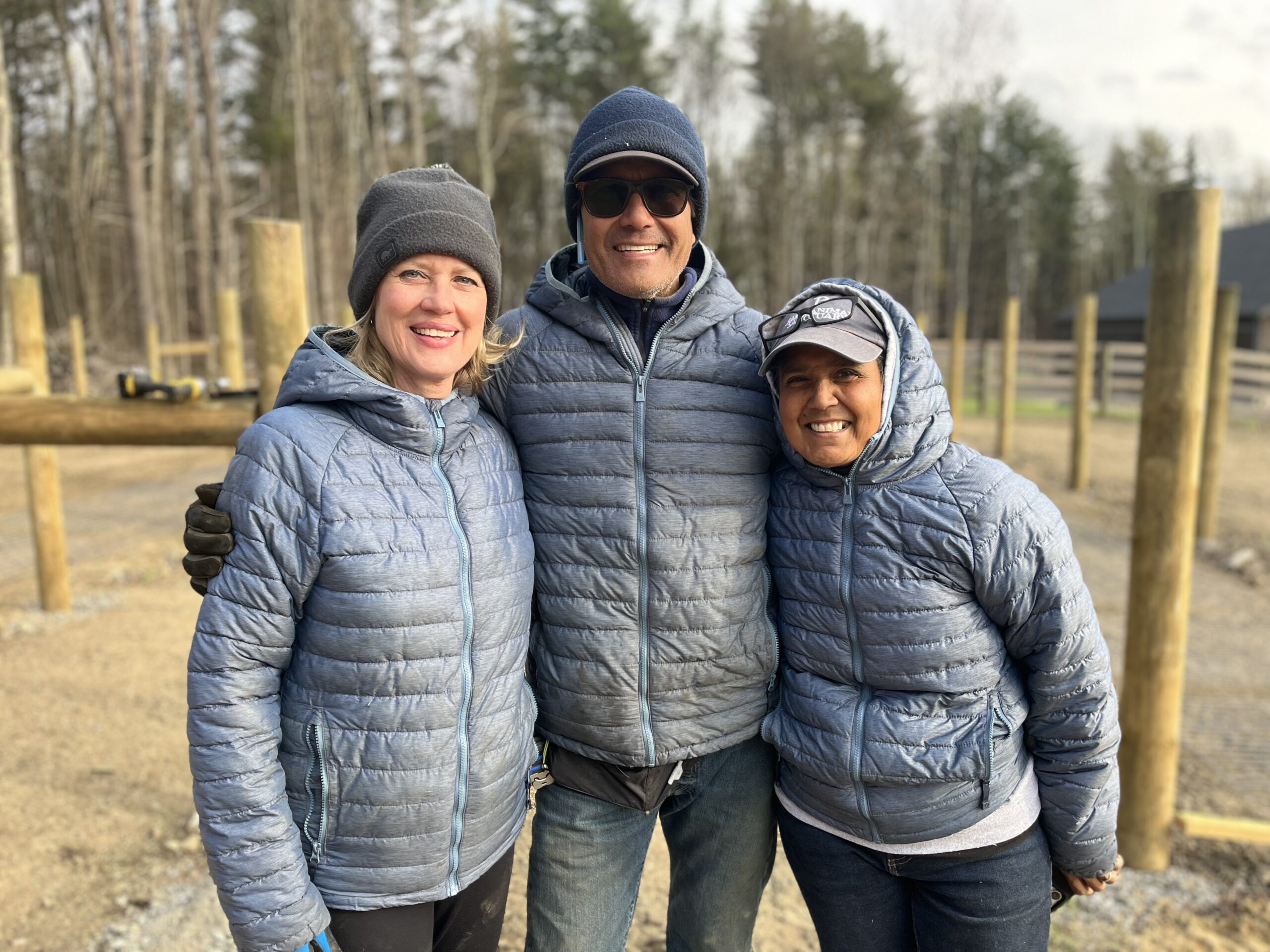
“If we are, as a species, supposed to be kind and loving, how can we not be kind and loving to other beings? Why would we even think it’s okay not to be kind to them,” Printy said. “It’s so weird that we have such a separation…it’s okay to have your dog here, but if it was a pig or a cow, well, let’s just figure out how to kill it or literally abuse it.”
Rubin supports the idea of expanding Desmond’s Law to animals beyond dogs and cats.
“All of the reasons for creating the law are not restricted to dogs and cats,” she explained, highlighting that her moral and scientific opposition to animal cruelty extends beyond household pets.
“I think that there’s a lot of scientific data that shows that animals are capable of reason and social bonds,” Rubin said.
Examples of this data include a 2006 review by Irene Pepperberg from Brandeis University that suggests that crows have a similar understanding of numbers as human children and a 2017 study by scientists including Drew Altschul from the University of Edinburgh that shows that chimpanzees’ performance on touchscreen tasks depends on their personalities.
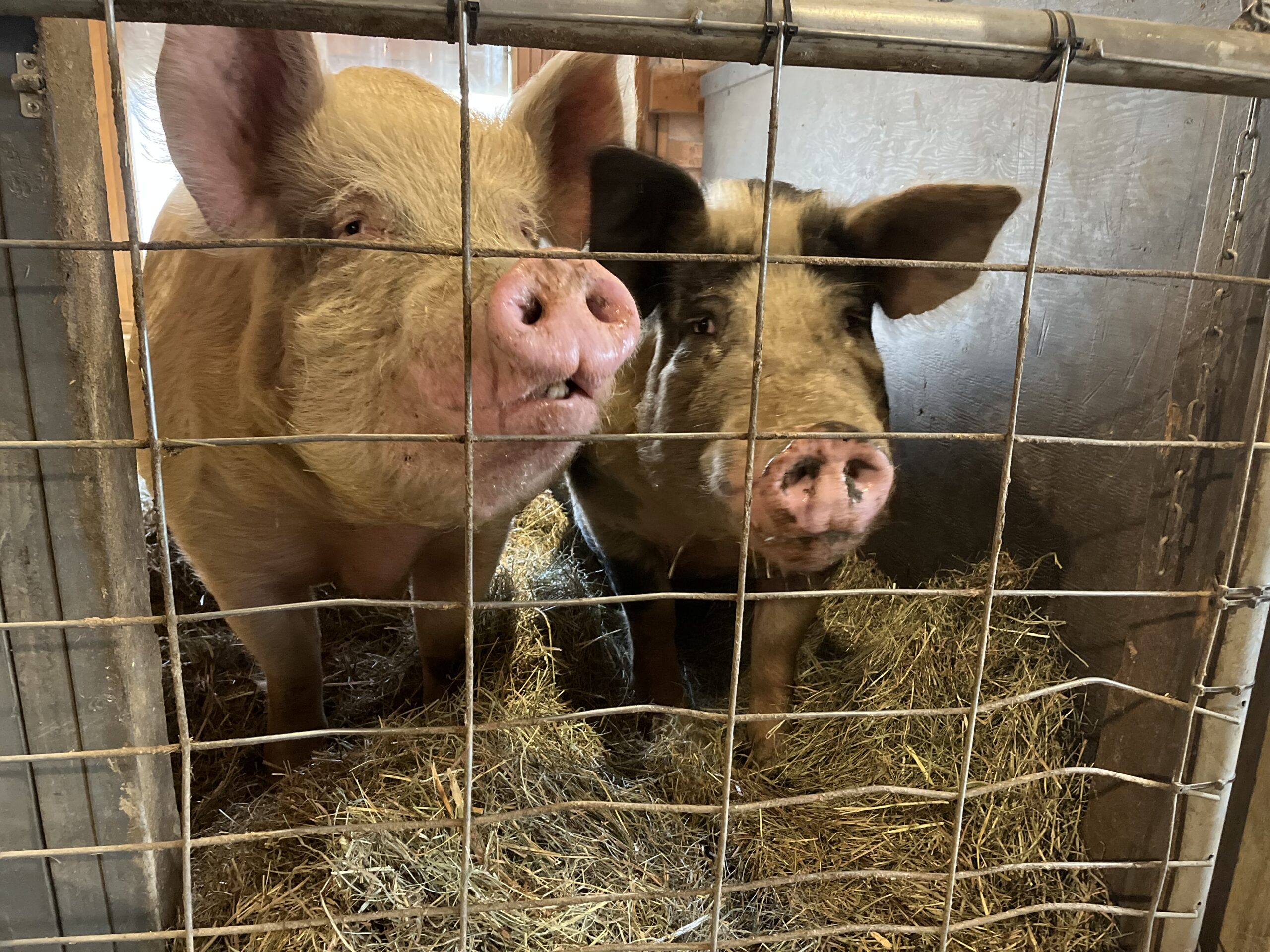
Britt Janssen, the sister of one of JP Farm Animal Sanctuary’s co-founders, explained that she has witnessed animals’ capacity for emotion and logic firsthand through all the time she has spent helping out at the sanctuary.
“They have family. They have best friends. They have people, other animals that they don’t like,” she said. “We can actually visualize it because we’re experiencing it daily.”
Rubin explained that by allowing the appointment of advocates in court, animals are treated more like humans in the legal system, which advances the cause of animal rights.
“The wonderful thing about the court advocate program is that it is not a direct ask for standing, but it’s a way to encourage courts to see animals as legal persons,” she said.
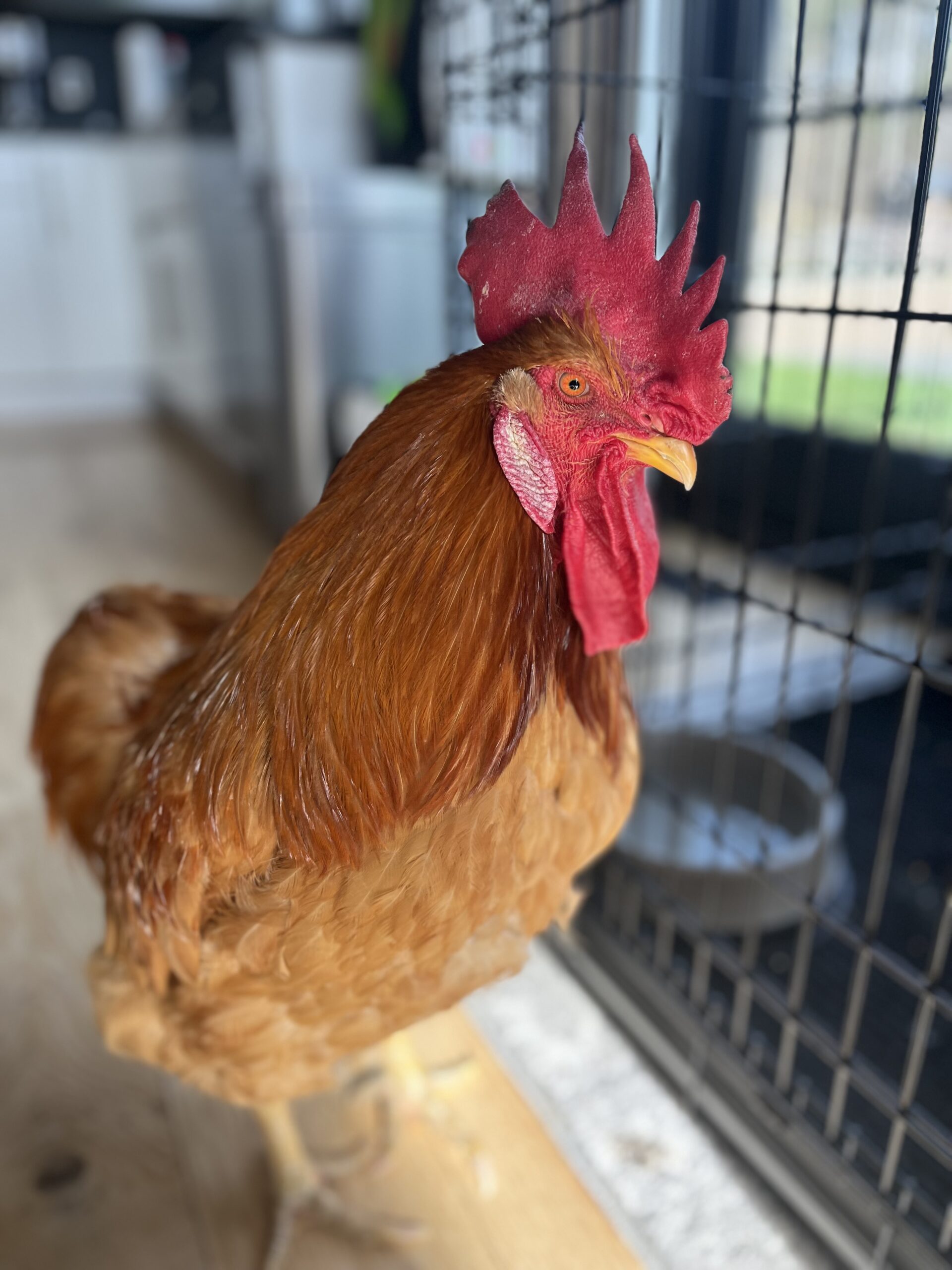
Thomas Bontly, a philosopher at the University of Connecticut, explained that different philosophical streams of thought place varying amounts of emphasis on animal welfare. Utilitarianism centers on the reduction of harm and places value on any being that can suffer.
“Utilitarianism implies that animals do matter,” he explained.
Deep ecology is the thinking that nature is inherently valuable, regardless of its benefits to humans. Arne Næss, a philosopher and mountaineer, coined the term after observing the spiritualities and philosophies of different people around the world.
“He formulated this position that came to be called deep ecology,” Bontly said.
Bontly explained that people’s experiences, circumstances and upbringings impact their views on the environment more than any scholarly theories or ethical analysis. He said that people who feel connected to animals are more likely to want to advance their welfare.
“For most people, it comes down to whether you identify with them or not,” he said. “Very few people are actually motivated by moral reason.”
For Rubin, the idea of any animal being harmed or mistreated is unacceptable.
“I work in animal law because I have had a lifelong connection with animals and see them as deserving of the highest degree of respect, protection, … and empathy,” she said.
Printy explained that legislative change is necessary to protect the animals she loves dearly.
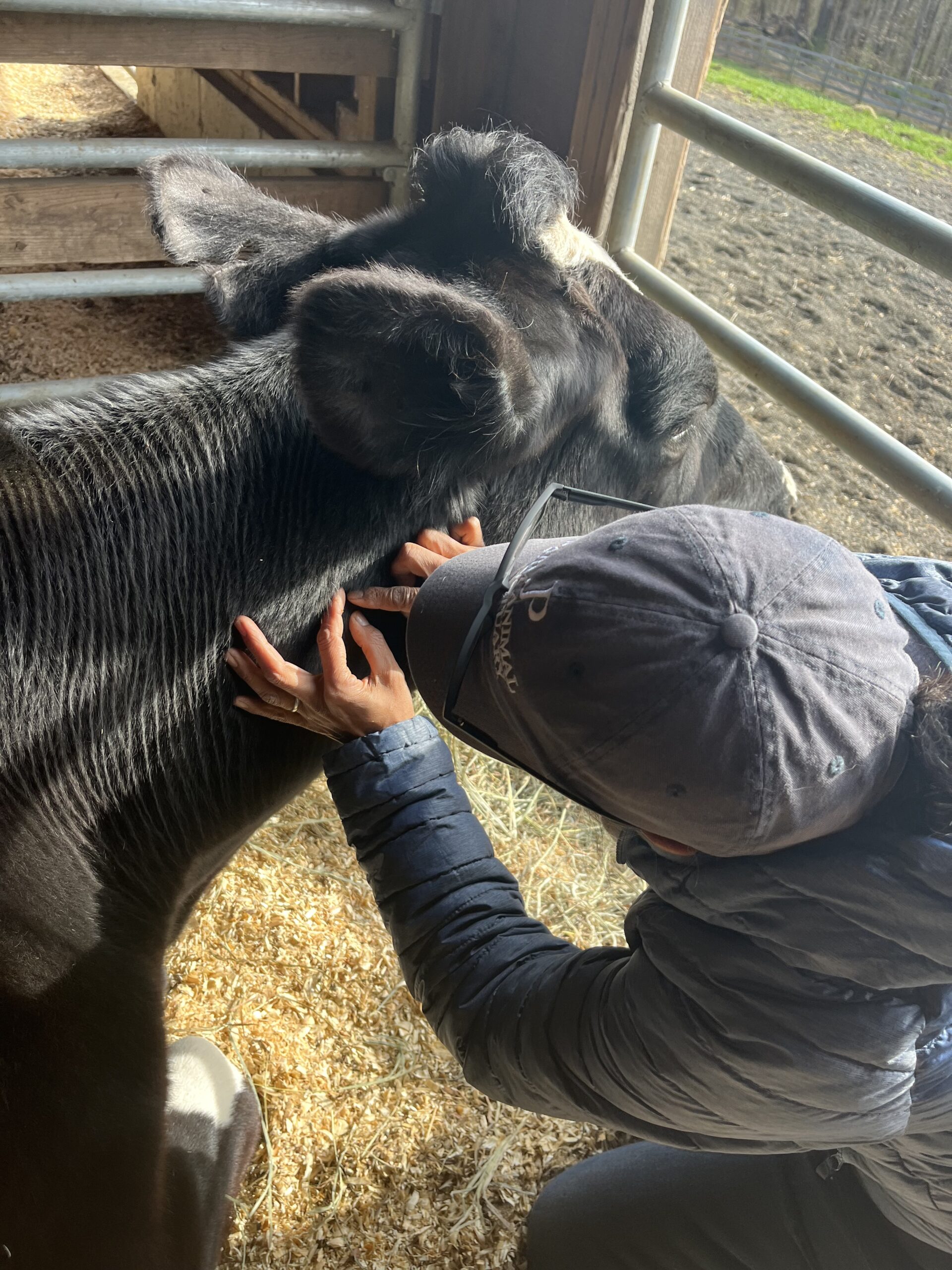
“I think if we don’t get the laws in place, we’re not going to make change,” she said. “I can’t be apathetic anymore.”
Cummings expressed a similar passion and desire for change.
“I don’t have any kind of ulterior motive, I’m just trying to save our wildlife,” she said.
Henderson explained that many issues extend beyond one species, often impacting ecosystems in unexpected ways. She stressed the importance of respecting all animals to create a better world.
“Everybody’s connected,” she said. “Let’s put it that way.”